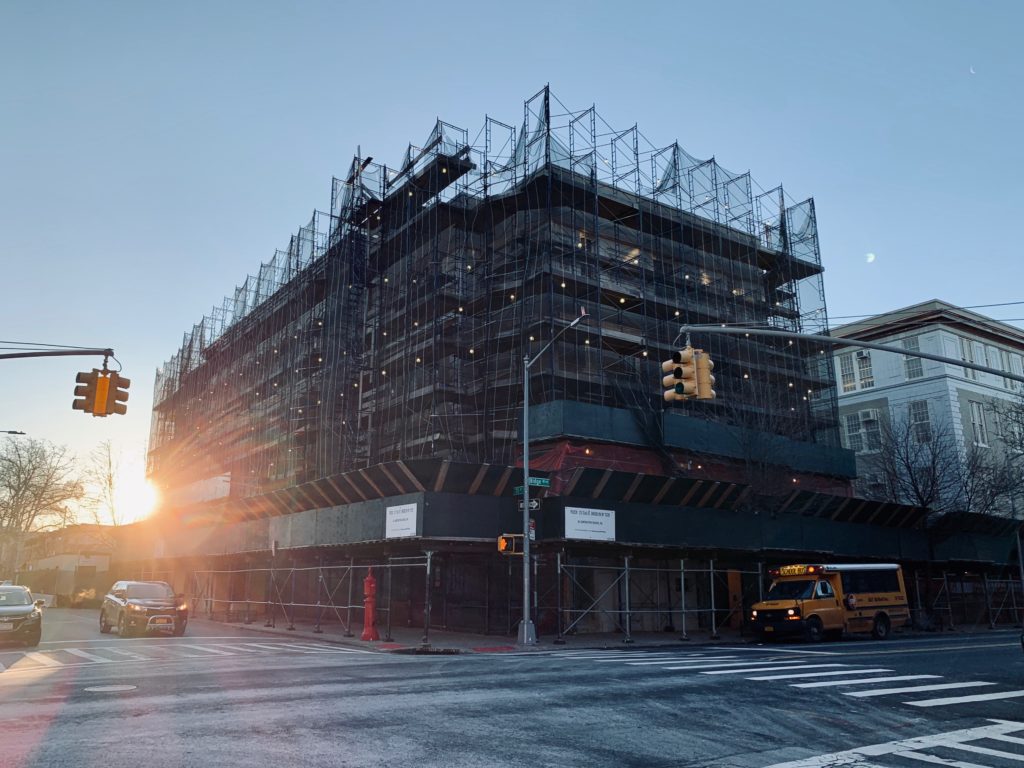Brooklyn Real Estate Investing – Best Neighborhoods, Worst Neighborhoods, and Pro Tips
Homeownership in New York City isn’t easy. Prices are some of the highest in the country, and thanks to a recent federal tax law, it’s becoming even more difficult to get a slice of the Big Apple to call your own.

For real estate investors, it’s more important than ever to choose not just the right investment property, but the right neighborhood. Brooklyn real estate investing has its own set of unique risks, but there are neighborhoods where investments can really pay off. At the same time, there are neighborhoods that investors should avoid.
If you’re interested in investing in Brooklyn real estate, stick around to learn which neighborhoods will give you the most bang for your buck, along with a few investment tips to keep in mind.
Best Brooklyn Neighborhoods to Buy an Investment Property
There are plenty of Brooklyn neighborhoods with well-priced properties that can be quickly renovated and flipped or rented out for a secondary source of income. Try looking in any of the following neighborhoods.
Bay Ridge
Bay Ridge has a suburban feel that plenty of families are flocking to. It has a reputation for being one of the best areas for Brooklyn residents to buy their first home. The tree-lined and spacious residential streets are the picture-perfect setting for flipping and renting.
Not only does the area appeal to new buyers and renters, but it’s a great way to stretch a budget. If you’ve been priced out of other neighborhoods, Bay Ridge is a great upcoming location to consider.

Williamsburg
Not all will agree that Williamsburg is an ideal neighborhood to invest in but if you find the right property, you’re sure to come out ahead. Williamsburg is a melting pot of generations. Young professionals are coming in and taking the more affordable options while retirees are holding onto their homes longer, waiting for top dollar.
The key to investing in Williamsburg is to find a property that’s been on the market for longer than most and negotiating for a lower price. You may need to be more patient, but you will be rewarded.
Sunset Park
Sunset Park has avoided recent development thanks to rezoning efforts throughout the years (though this could change. But for now, this means you’ll find plenty of row-houses to choose from when looking for an investment property. Keep in mind that the neighborhood’s distance from Manhattan is a tough sell to potential buyers or renters, but with a median rent of just over $2,000 per month, you’re sure to attract enough attention to find a tenant.

Brooklyn Neighborhoods Investors Should Pass On
While every Brooklyn neighborhood is sure to have a diamond in the rough, it could be tougher to find one in any of these areas:
Park Slope
Park Slope is one of the most popular neighborhoods in Brooklyn, and for good reason. It’s family-friendly and has plenty to offer its residents, from shopping to dining to outdoor space. But for investors, the prices are just too high.
Cobble Hill
Like Park Slope, Cobble Hill is a beautiful neighborhood but terribly oversaturated. Homes on the lower end of the market sell fast, making it difficult to research a property’s investment potential before it’s scooped up.
Tips for Brooklyn Real Estate Investing
Whether you’re considering your first investment or have been around the block a time or two, our investment tips should help with your next property.
Leave your baggage at the door
When looking for homes, many let their intuition and heart make the decision for them. They can picture where the couch will go in the living room and visualize their family in the kitchen on holidays.
But when you’re investing, it’s all about numbers, risks, and potential rewards. It doesn’t matter how you feel about the house itself. What matters is how you feel about the investment. Think of each house as a potential business partner. Do you want to work with them or are there too many potential setbacks?
Expect to put more down
When you buy an investment property, you should expect to put more down. At least 20% is typically required. You’ll also face a stricter approval process than if you were buying a home to live in.

As a bonus, the more you put down, the better return you’ll see overall as you’ll save in interest. To give you an idea of just how important this is, put your numbers into this down payment comparison calculator.
Also, make sure you have enough saved for renovations and required updates you may have to complete before renting out a property.
Know your numbers
You’ll need to know more than just what your potential mortgage will be. You’ll need to do research on the area to see what similar homes sell for, how much the average rent is, and what the best possible return on your investment you can expect.
Once you do the math and have an idea of what you can make on a property, don’t get too excited. Chances are, you’ll walk away with less as there are always unexpected expenses. But one way to get a better idea of how much your investment will pay off is to check recent housing price trends in your target neighborhood.
All business ventures have risks. But when it comes to Brooklyn real estate investing, investors need to be prepared for just about anything.
Having a giant chunk of money tied up in a single transaction can certainly make it difficult to sleep at night. But by investing in the right property, and most importantly, in the right neighborhood, you’re much more likely to find success in property investing.